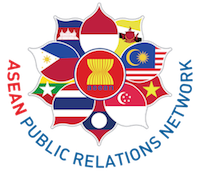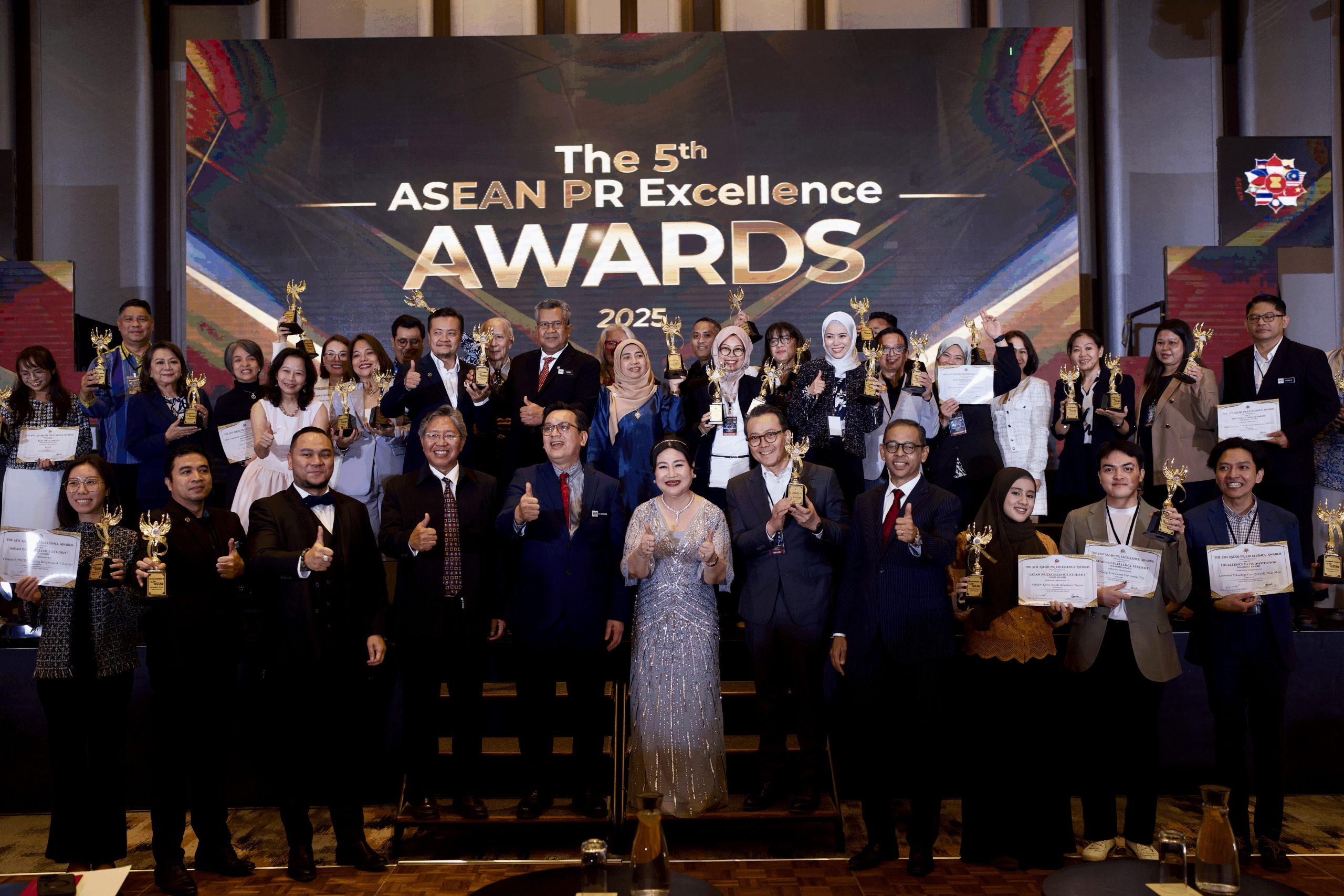The current world is becoming more about collaboration, technology led by communication and ethics. Indonesia is an initiator and producer of public relations (PR) practitioners in comparison to other nations from Association of South East Asian Nations (ASEAN). However, the response should be from all member countries respectively. Today, Indonesia continues to open and improve its PR skills to sustain the development of the whole of ASEAN.
Generally, in Asia, the PR industry is company-driven, on the one hand, and interpersonal-driven, on the other hand. This explains the importance of PR in different contexts such as economic and cultural, additionally, social media, Internet, and education improve the level and outcomes of PR practice as well.
As PR is a new dimension among ASEAN member countries, so it still demands clear identification and understanding of its importance and necessity, therefore, the PR industry needs to have a more significant niche at world level. The first step was the establishment of the ASEAN Public Relations Network (APRN) in 2014 that provides its ethics principles such as personal commitment, attitude towards superior/client, attitude towards society, attitude towards mass media/press, attitude towards co-workers. In this term, PR is very important to promote ASEAN prosperity. Higher education institutions play a significant role as well. First of all, the collaboration of universities with companies will increase the economic development of one country as well as sustain the development of all members in the co-operation. The other factor is that it would increase the quality of the education field, therefore, would lead to the value of PR as an academic field.
One of the leading private university in Indonesia, the London School of Public Relations (LSPR, Jakarta), targets education of PR graduates with quality skills and, therefore, a generation with necessary skills not only in basic communication, but also in writing according to political, social, and cultural contexts. Today, LSPR not only initiated APRN but also provides a variety of communication programmes, along the marketing, corporate communication, etc.
The professionalism of lecturers is one of the key points for education of a PR generation. It requires research skills and experience or involvement in different PR projects, meetings or seminars. So, the transmission of the knowledge internally, that is, inside of the country via quality education, would lead to the creation of PR ethics among members of ASEAN development.
From this point, it concludes that ethics in PR is such a demandable feature among collaborative members to function and develop successfully. Quality education is one of the solutions for the establishment and sustainability of mutual understanding within one group or company, etc. The increased in quantity of a well-educated generation with quality skills respectively would improve the key ethical components within one mechanism, for example, mutual trust and understanding, anti-corruption, fair access to education and job opportunities, etc. The first steps are done, but there is a lot of co-operative work to do ahead. – Kyrychenko Volodymyr –





